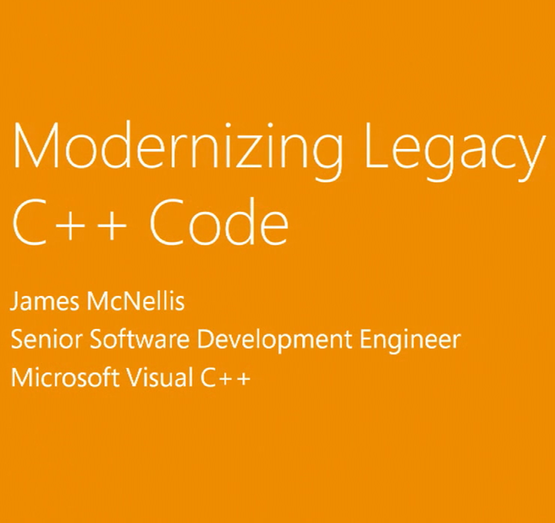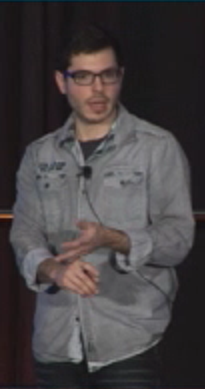Making the Most of C++11/14 -- Sasha Goldshtein
 New on Lanyrd:
New on Lanyrd:
Making the Most of C++11/14 (slides)
by Sasha Goldshtein
The C++11 standard is already behind us, and C++14 is just around the corner. With a huge variety of language features such as lambdas, rvalue references, auto and decltype, and variadic templates, it's easy to get lost in C++. In fact, it often seems like a completely new and foreign language. In this workshop we will look at the most important language features that improve system performance and developer productivity, with a glimpse towards what C++14 will bring. We will make the most of Visual C++ 2013 and see how to convert and refactor code to use modern C++ idioms.

 From Techdays 2014 the Netherlands:
From Techdays 2014 the Netherlands: All available videos are now posted from this April's EuroLLVM conference.
All available videos are now posted from this April's EuroLLVM conference. There was a very strong C++ track on
There was a very strong C++ track on  Yet again the wonderful ongoing video series from Alexander Stepanov and Paramjit Oberoi (A9 Organization):
Yet again the wonderful ongoing video series from Alexander Stepanov and Paramjit Oberoi (A9 Organization): Doug Schmidt's C++-based software design course is available on YouTube.:
Doug Schmidt's C++-based software design course is available on YouTube.: This C++ optimization talk is one of the highest-rated talks from last week's
This C++ optimization talk is one of the highest-rated talks from last week's